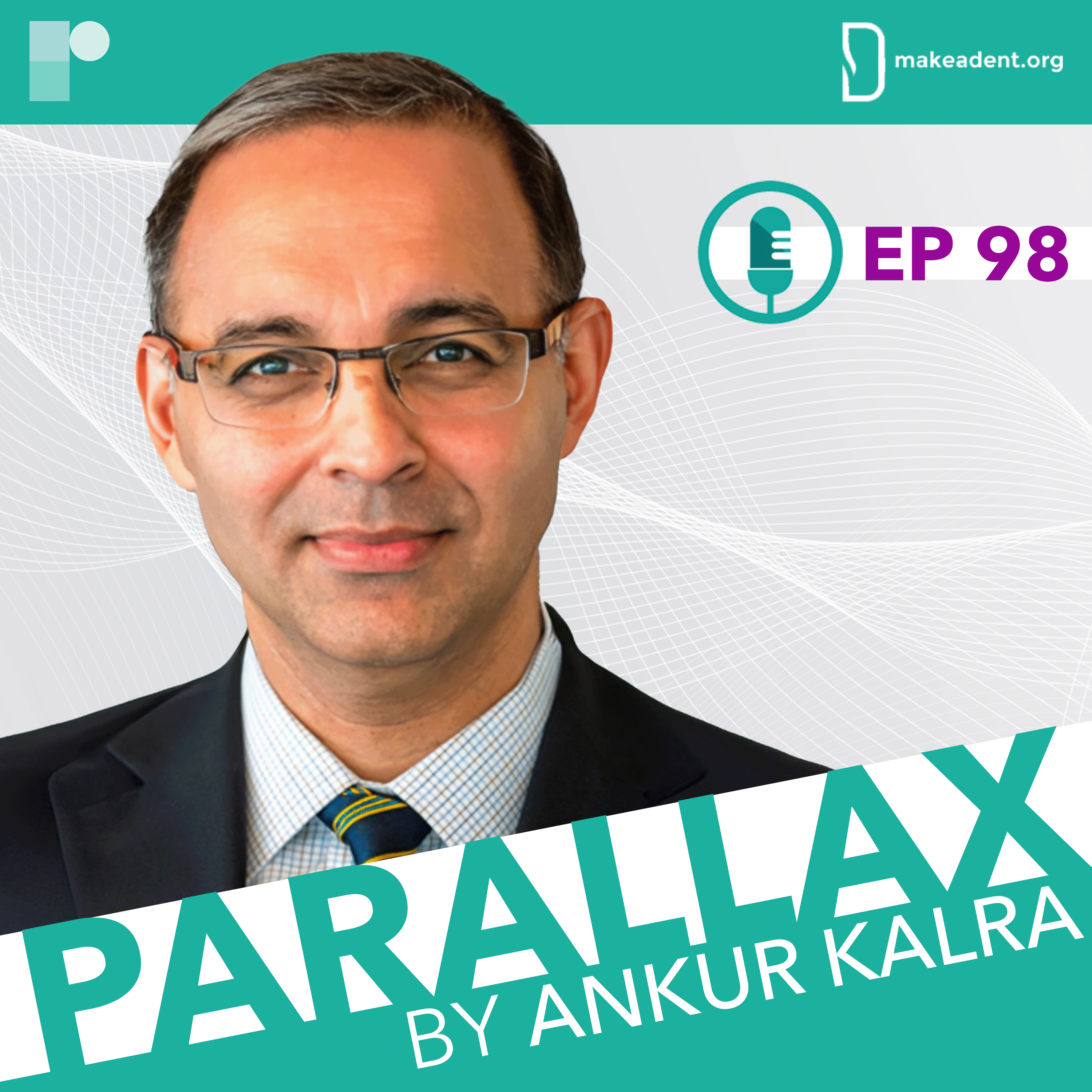
In this week's Parallax, Dr Ankur Kalra welcomes back Dr Jag Singh to discuss Dr Singh's recently published book, "Future Care," which delves into the exciting evolution of medicine over the next 5 to 10 years.
Dr Jagmeet Singh is a Cardiac Electrophysiologist and a Professor of Medicine at Harvard Medical School. He is also the Founding Director of the Resynchronization and Advanced Cardiac Therapeutics Program at Massachusetts General Hospital.
"Future Care" wasn't written overnight; it had been simmering in Dr Singh's mind for nearly a decade. The catalyst for this book was a convergence of factors, including the COVID-19 pandemic and Dr Singh’s personal health journey. Drawing from his experiences across three different countries, his role in patient care and leadership and his unique perspective as a patient himself, Dr Singh explores the crucial question of how medicine can and should evolve.
In this episode, Dr Kalra and Dr Singh delve deeply into the ideation, research, and writing process that brought "Future Care" to life. We learn more about Dr Singh's valuable tips for aspiring authors. Dr Singh unpacks the four key chapters of his book: Sensors, Virtual Care, AI, and the Establishment of a sustainable healthcare system. Looking into the future, Dr Singh paints a vivid picture of the hospital of tomorrow—a place where technology and human touch harmoniously converge. As we adapt to the changes brought about by the pandemic, Dr Singh outlines the necessary steps to foster a reality in which we can utilize these technologies to create more time for human connection.
What advice does Dr. Singh have for our listeners? What does the future of medicine look like? How can we scale high-tech solutions effectively?
Order Dr Singh's book today: mcpress.mayoclinic.org/product/future-care/

Tune in to discover the strategies that Dr. Kalra and Dr. Alasnag are currently employing and gain insights into how these data will shape their future decision-making in the catheterization laboratory. Don't miss this informative discussion at the forefront of interventional cardiology.

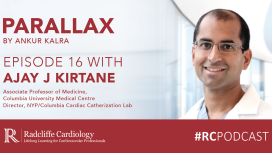
Ajay also talks about how he has negotiated between competing priorities in clinical and academic work, and how he manages fatherhood with a busy career. Ahead of the American Heart Association Scientific Sessions 2019, Ajay also shared what he thinks we can expect from the highly anticipate ISCHEMIA trial. Submit your question to Ankur via: podcast@radciffe-group.com.
Hosted by @AnkurKalraMD. Produced by @RadcliffeCARDIO.
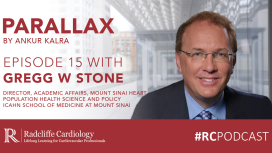
Gregg also shares his tips on how to progress from clinical practice to academic research, and what it takes to be a successful clinical investigator. Finally, Gregg shares with Ankur what personality traits he looks for in mentees and why presenting a final project is not enough. Submit your question to Ankur via: podcast@radciffe-group.com.
Hosted by @AnkurKalraMD. Produced by @RadcliffeCARDIO.
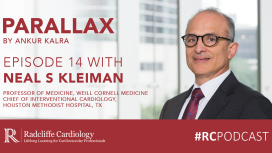
Digging more into the practicalities of everyday work-life, Neal reflects on the challenges of reporting to multiple bosses who have different goals, and how geography enabled him to move between cathlab and academia. Neal also shares what he looks for in early career academic cardiologists. Submit your question to Ankur via: podcast@radciffe-group.com.
Hosted by @AnkurKalraMD. Produced by @RadcliffeCARDIO.
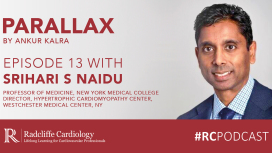
Ahead of TCT 2019, Ankur and Hari also talk about which trials presented in San Francisco they are most excited about! Submit your question to Ankur via: podcast@radciffe-group.com. Guest @SrihariNaiduMD.
Hosted by @AnkurKalraMD. Produced by @RadcliffeCARDIO.
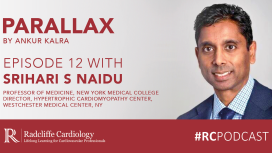
Having recently applied for the programme himself, Ankur also speaks with Hari about the history, purpose and future of the Society for Cardiovascular Angiography and Interventions (SCAI) Emerging Leader Mentorship (ELM) Fellowship Programme. Submit your question to: podcast@radciffe-group.com. Guest @SrihariNaiduMD.
Hosted by @AnkurKalraMD. Produced by @RadcliffeCARDIO.





